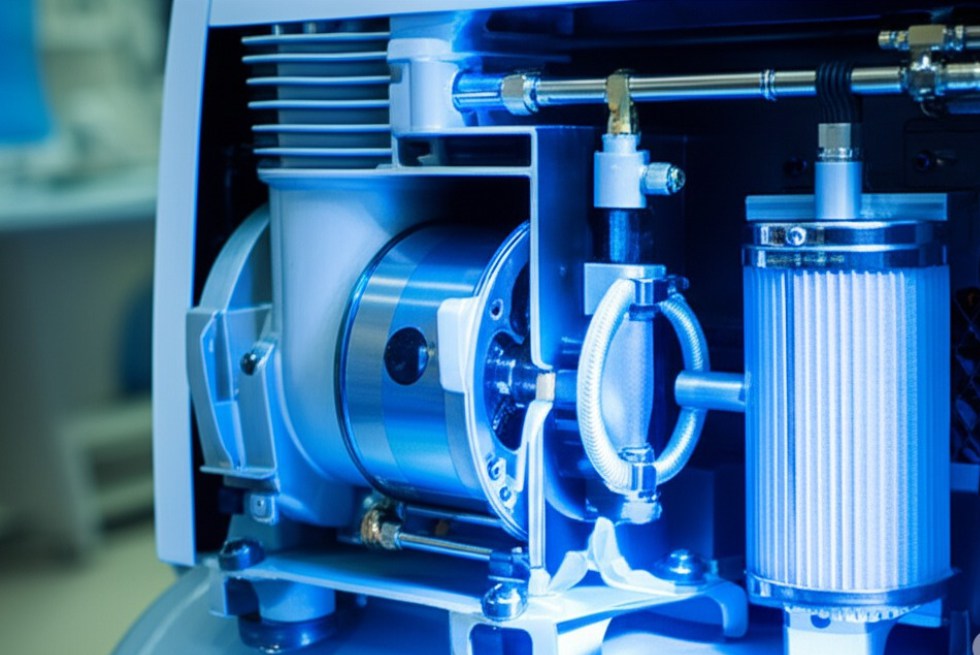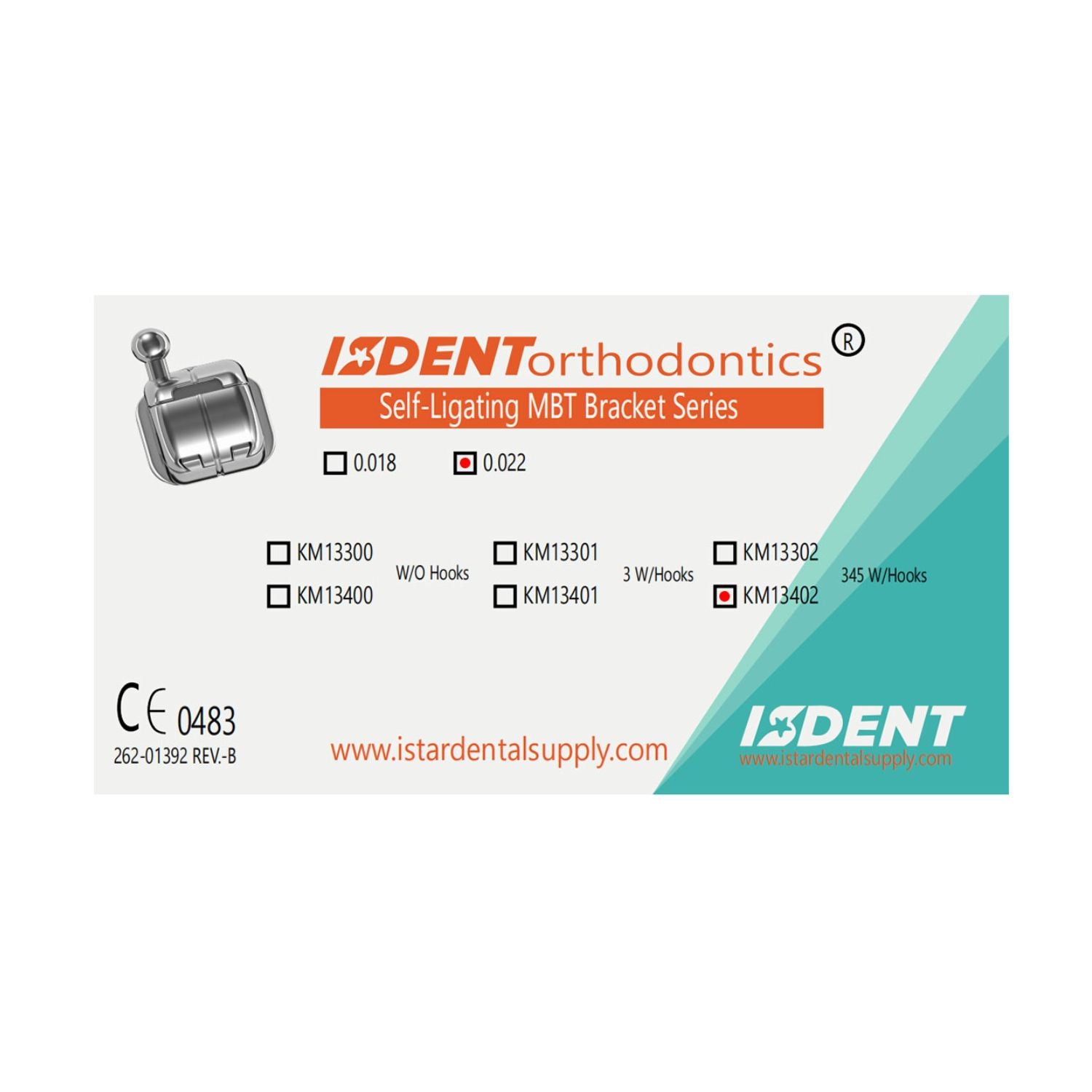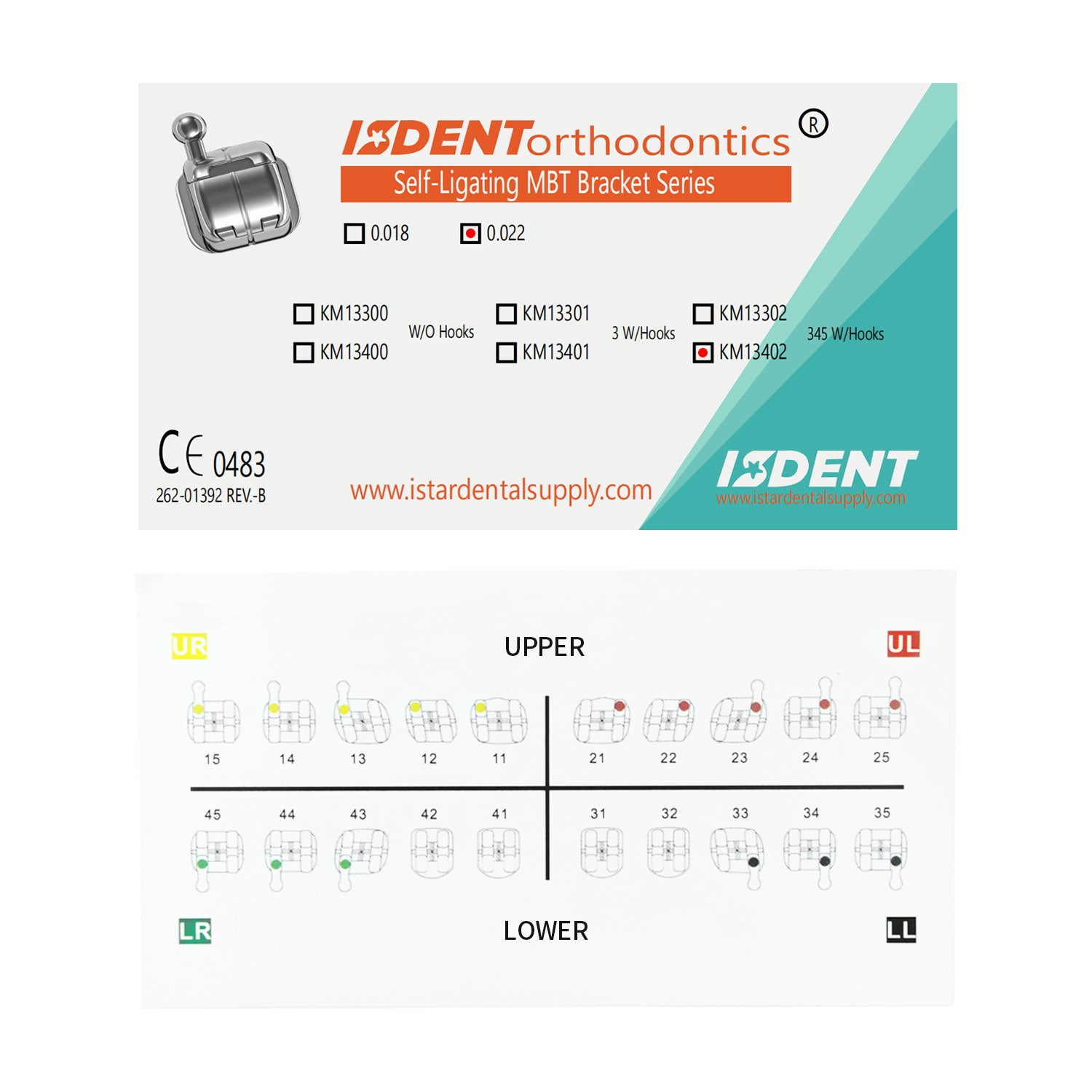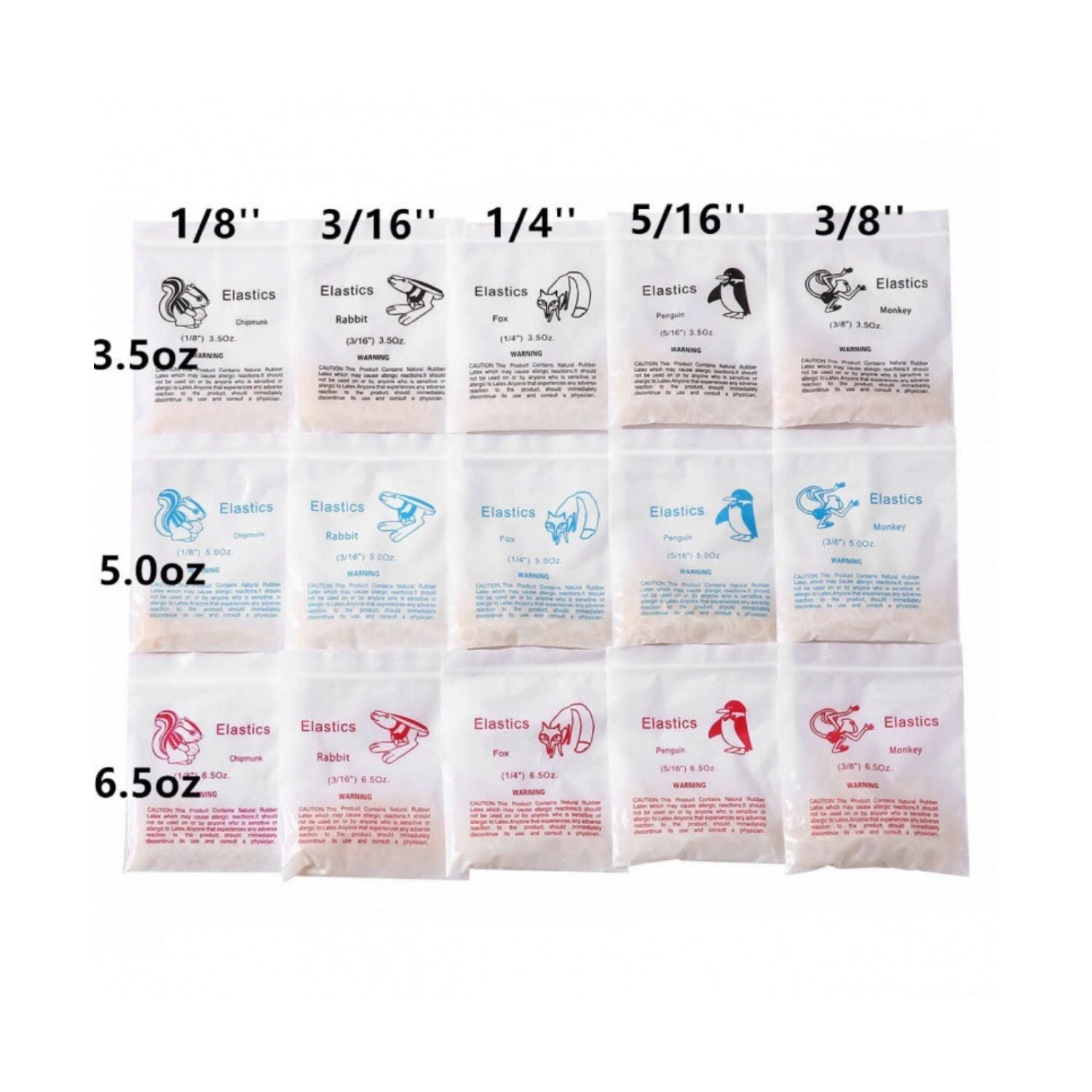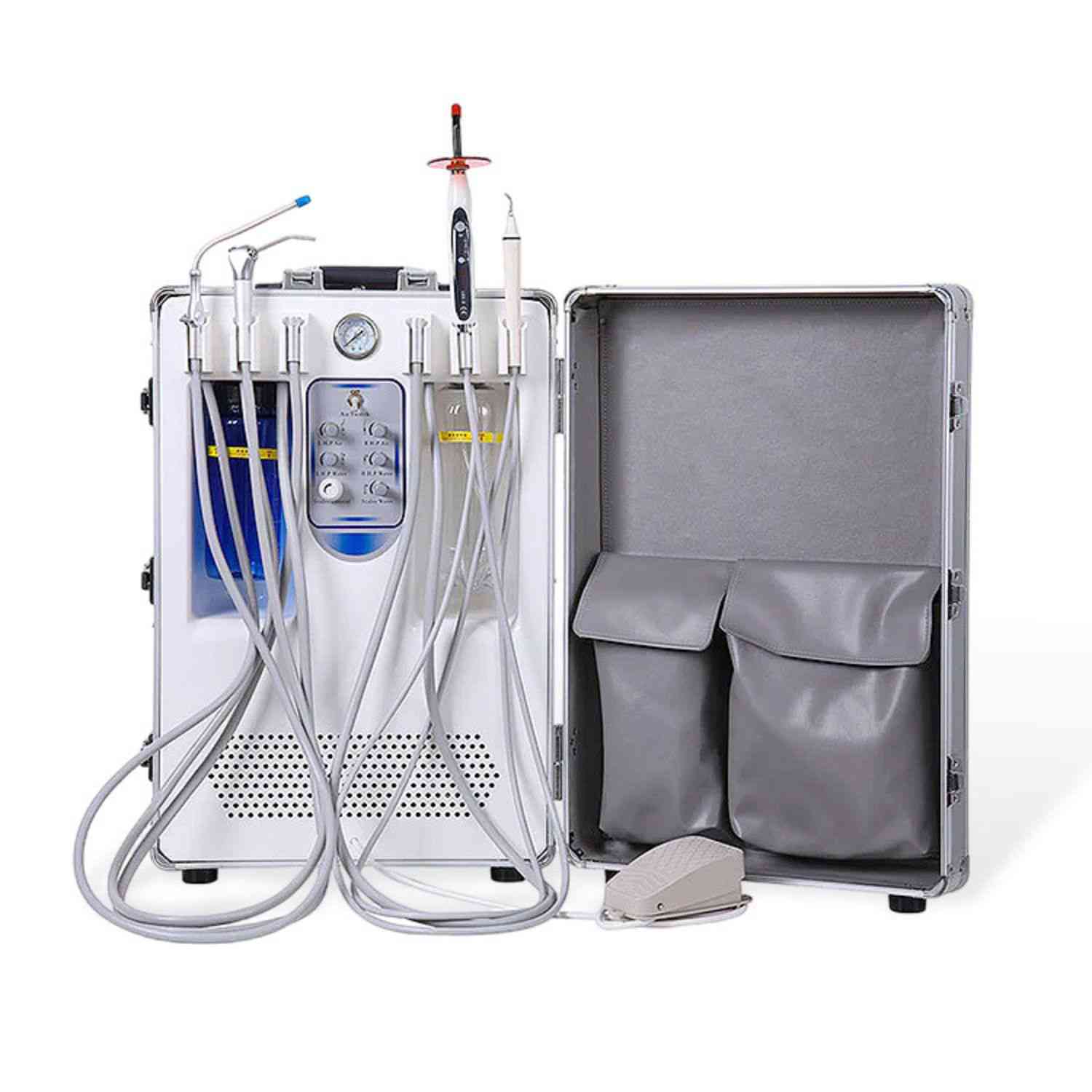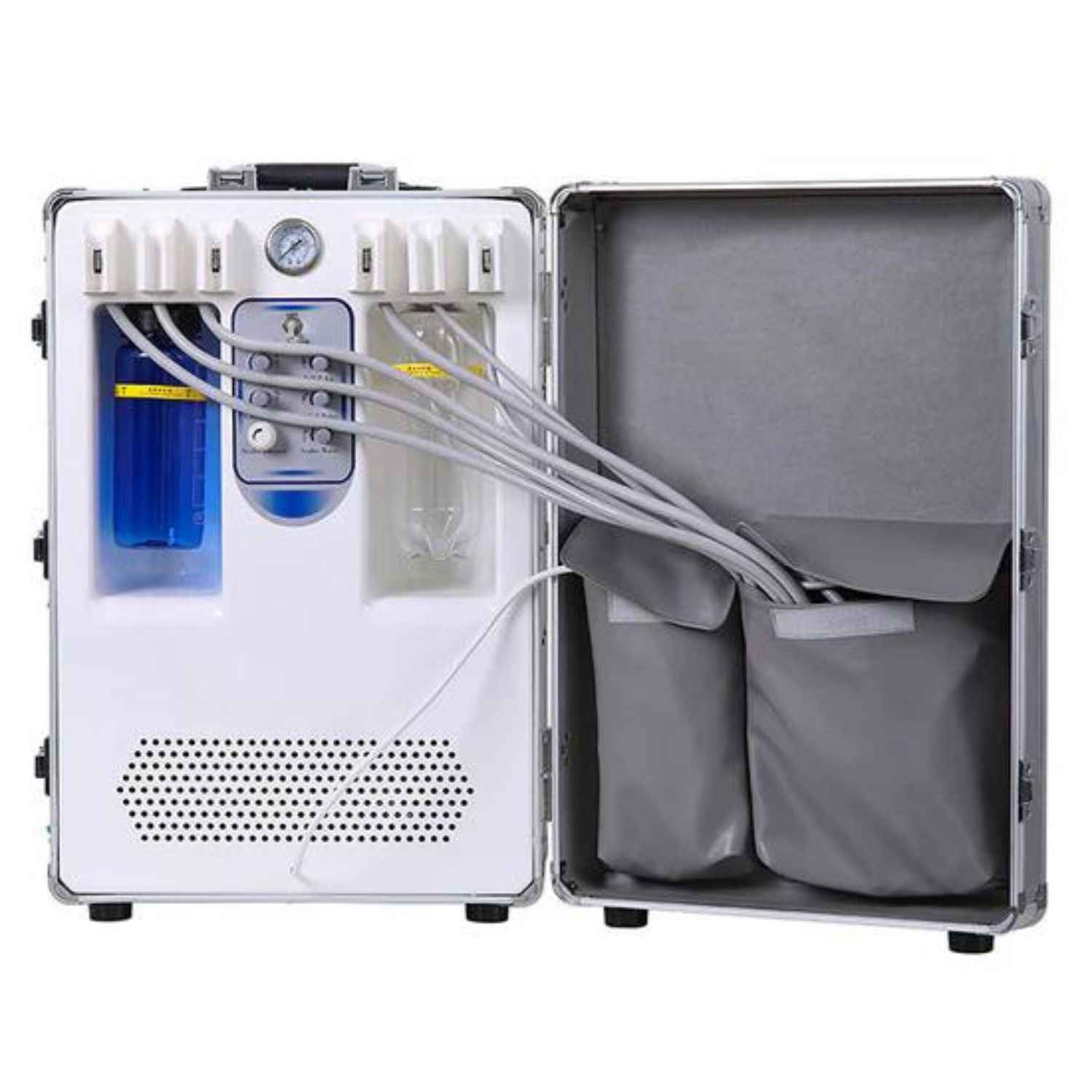Dental Air Compressor: Frequently Asked Questions (FAQ)
Introduction
A dental air compressor is a key piece of equipment in every dental office. It powers many tools like handpieces, air syringes, and suction systems. Think of it as the heart that keeps your dental practice running smoothly. Without it, most dental work would stop. This guide answers all your burning questions about dental compressors.
What Is a Dental Air Compressor and How Does It Work?
A dental air compressor has four main parts:
- A motor
- A tank
- A dryer
- Filters
The compressor works in five steps:
- Compression: The motor squeezes air to make it powerful
- Cooling: Hot air cools down
- Moisture removal: Water gets taken out
- Storage: Clean air stays in the tank
- Delivery: Air flows to your dental tools when needed
Why Is Clean, Dry Air So Important?
Clean air matters a lot in dental work. Moisture or oil in your air lines can:
- Spread germs to patients
- Damage expensive tools
- Make tools wear out faster
Studies show that moisture in air lines makes dental tools wear out 50% faster. This means you'll need to replace tools twice as often if your air isn't clean and dry.
Buying Guide: What You Need to Know
How Much CFM (Cubic Feet per Minute) Do I Need?
CFM measures how much air your compressor can make. Here's a simple formula:
(Total tool CFM) x 1.5 = Minimum CFM needed
For example, if you have 2 tools that each need 4 CFM:
- 2 tools x 4 CFM = 8 CFM
- 8 CFM x 1.5 = 12 CFM minimum
Important fact: 40% of compressor breakdowns happen because the compressor is too small for the job. Always pick a compressor with enough CFM!
Oil-Free vs. Oil-Lubricated: Which Is Better?
| Oil-Free Compressors | Oil-Lubricated Compressors |
|---|---|
| ✓ No oil contamination risk | ✗ Possible oil contamination |
| ✓ Less maintenance | ✗ More maintenance |
| ✓ Better for patient safety | ✗ Less ideal for medical use |
| ✗ Can be louder | ✓ Often quieter |
| ✗ Usually costs more | ✓ Often cheaper |
Research shows oil-free compressors cut contamination risk by 90%. In one study, a clinic using oil-free systems had no bacterial growth in air samples for a whole year.
How Quiet Should My Dental Air Compressor Be?
A good dental compressor should be under 60 decibels (dB). This is about as loud as normal talking.
When compressors are quieter than 60 dB, patient complaints drop by 65%. One pediatric clinic switched to a 55 dB model, and kids were much less scared during visits.
Check out our high-quality dental handpieces that work perfectly with quiet compressors.
Portable vs. Stationary Compressors
Portable compressors are good for:
- Mobile dental clinics
- Small offices
- Backup systems
Stationary compressors work better for:
- Offices with many treatment rooms
- Busy practices
- Places that run many tools at once
For mobile setups, explore our portable dental units with built-in compressors.
Top Brands to Consider
Good brands include:
- Midmark
- DentalEZ
- Durr Dental
- BODEENFLO (for mini compressors)
Keeping Your Compressor Running Well: Maintenance Tips
Daily and Weekly Tasks
Do these simple checks often:
- Drain water traps (daily in humid places)
- Check pressure gauges
- Look for air leaks
- Make sure vents aren't blocked
When to Replace Filters
- Coalescing filters: Every 6-12 months
- Desiccant: Follow what the maker says
Did you know? Dental practices that follow a regular maintenance schedule save about $1,200 per year in repair costs. Regular checkups mean 70% fewer breakdowns.
Professional Service Visits
Have a pro check your compressor every 6 months. They will:
- Test the safety valve
- Check all electrical parts
- Clean or replace filters
- Make sure everything runs right
Meeting Safety Standards
Your compressor should meet these standards:
- ISO 8573-1 (for air purity)
- CDC/ADA guidelines
- FDA 510(k) clearance
Fixing Common Problems
Low Pressure or Airflow
If your tools seem weak, check for:
- Clogged filters: Replace if dirty
- Air leaks: Listen for hissing sounds
- Compressor too small: You might need more CFM
Interesting fact: Fixing leaks can save big money. Leaks waste 20-30% of your compressed air. One 5-room clinic saved $800 per year just by fixing leaks.
Too Noisy or Shaking
If your compressor is loud or shakes:
- Tighten loose parts
- Put anti-vibration pads under the compressor
- Check for worn bearings
- Make sure it's on a level surface
Water in the Lines
If you see moisture in your lines:
- Replace the desiccant material
- Check if the dryer is working
- Make sure drain valves work
- Consider adding a better drying system
Research shows dual-desiccant systems improve air dryness by 95%. They maintain less than 0.01% humidity compared to 0.1% in single-filter setups.
Overheating
To prevent overheating:
- Keep vents clean
- Don't run the compressor non-stop
- Put the compressor in a cool, well-ventilated spot
- Check if you're asking for too much air
For high-demand offices, our dental suction systems work well with properly sized compressors.
Cost and Value
How Much Do Dental Compressors Cost?
Most dental compressors cost between $1,500 and $6,000. The price depends on:
- Size (CFM)
- Type (oil-free costs more)
- Brand
- Features (like noise reduction)
Rent or Buy?
Renting might be better if:
- You're just starting your practice
- You're not sure what size you need
- You want lower upfront costs
Buying makes more sense when:
- You plan to use it for many years
- You want full control over maintenance
- You want to save money long-term
Case study: A new dental practice leased a compressor for $200 per month instead of paying $4,000 upfront. This helped them save cash for other startup costs.
How Long Will It Last?
With proper care, expect your dental compressor to last 8-12 years.
Advanced Topics
Mini Compressors for Special Tools
Mini compressors work well for:
- Orthodontic tools
- Dental labs
- Single-tool uses
BODEENFLO makes mini compressors that run from -30kPa to 7bar pressure. These smaller units cut energy costs by 30% for small practices. One solo orthodontist saved $600 per year using a mini compressor.
Browse our orthodontic supplies that pair perfectly with mini compressors.
Backup Systems
Some practices use dual compressors for:
- No downtime if one breaks
- Handling busy times
- Peace of mind
Final Checklist Before Buying
Before you buy a dental air compressor, check these five things:
- CFM rating: Make sure it's 1.5 times your tool needs
- Noise level: Look for under 60 dB for comfort
- Compliance: Verify it meets dental industry standards
- Warranty: At least 2 years is good
- Service plan: Who will maintain it?
Resources and Help
For maintaining your dental equipment, check out:
- Eclipse Dental's maintenance guide
- ADA standards for dental equipment
- CFM sizing calculators
You'll also need proper dental sterilization equipment to keep your practice safe and compliant.
Conclusion
A dental air compressor is one of the most important investments for your practice. Taking time to choose the right one and maintain it properly will save you money and headaches in the long run.
With clean, dry air flowing to your tools, you can focus on what matters most—giving your patients great dental care.
Whether you need a small portable unit or a powerful system for a large practice, understanding these FAQs will help you make the best choice for your needs.

